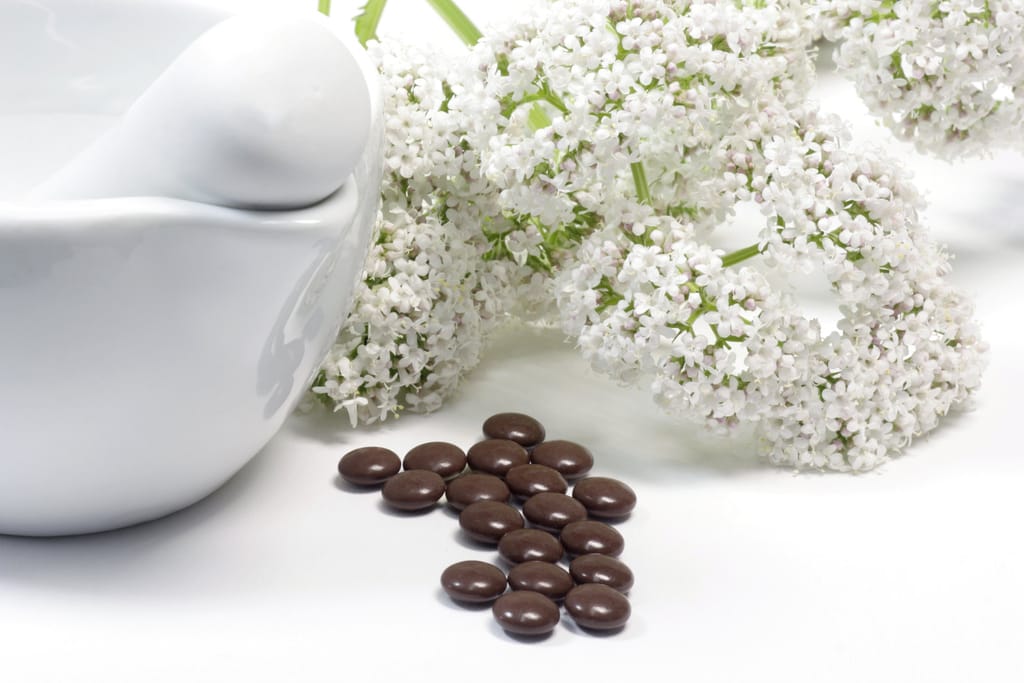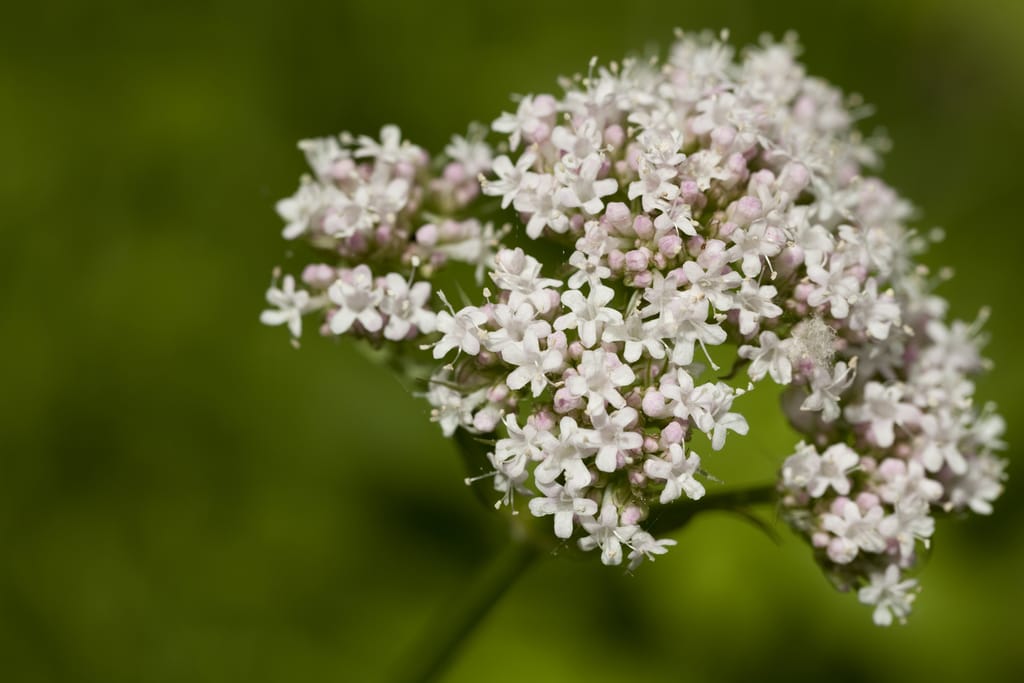What is Valerian?
Valerian is an herbaceous flowering plant native to Europe and parts of Asia. It has been used medicinally for centuries to treat a variety of ailments, including insomnia, anxiety, headaches, and digestive issues. The root is the most widely used part of the plant, as it contains compounds that can have sedative, calming, and anti-anxiety effects. Valerian is generally considered safe, but it can interact with certain medications and cause side effects in some people.
Benefits of Valerian herb
Valerian is now gaining popularity as an effective natural remedy for these conditions. It is a perennial flowering plant that is native to Europe and parts of Asia. It has long been used in traditional medicine to help promote restful sleep, reduce anxiety, and ease muscle tension. The active ingredient in valerian is a compound called valerenic acid, which is thought to be responsible for its calming and anxiety-reducing effects.
Studies have shown that taking Valerian can help reduce stress levels, improve sleep, and improve overall mental well-being. In one study, people who took the herb for four weeks reported improved mood and reduced anxiety compared to those who did not take the herb. Another study found that it was just as effective as an anti-anxiety medication when taken for four weeks.
Valerian can be taken in various forms, including capsules, tinctures, and teas. It can also be added to bathwater to help promote relaxation. The recommended dose is up to 300mg per day, but it is best to consult a doctor before taking any supplement.

Significance of the Valerian herb
Valerian is an herb that has a long history of medicinal use and cultural significance. Native to Europe and parts of Asia, the plant has been used for centuries as an alternative and holistic treatment for a variety of ailments.
Valerian’s Latin name, Valeriana officinalis, is derived from the Latin word valere which means ‘to be healthy’. Valerian has been used for centuries as a natural remedy for a variety of medical conditions. It was believed by the ancient Greeks and Romans to have sedative, calming, and anti-anxiety properties. It was also used to aid with digestive issues and insomnia, and it was sometimes prescribed as a pain reliever.
Valerian was also used by the Chinese as a remedy for headaches and to improve circulation. Valerian is still widely used today as a holistic treatment for stress-related issues, as well as for other medical conditions. It is believed to increase the production of gamma-aminobutyric acid (GABA), a neurotransmitter in the brain that helps to regulate mood and reduce anxiety.
Valerian is also thought to help with insomnia and other sleep disorders, as well as muscle tension. Valerian has had cultural significance throughout the ages. Many cultures have used the herb in rituals and ceremonies, including those of the Native Americans, the Celts, and other European cultures.
In some ancient cultures, Valerian was believed to have magical properties and was used to ward off evil spirits. Valerian has also been used in literature and film. In Shakespeare’s play, A Midsummer Night’s Dream, the herb is mentioned as a way to induce sleep. Valerian was also featured in the Harry Potter films, where it was used to make the potion Felix Felicis.
How to use Valerian for better sleep?
Valerian can be used in several ways to help improve sleep. It is available in capsule, tincture, tea, and extract form. For best results, it is recommended to take Valerian at least 30 minutes before bedtime. When taking capsules, take one to two 450-milligram capsules up to three times daily.
For tinctures, mix 15 to 60 drops of tincture in a glass of warm water and drink up to three times daily.
For tea, steep one teaspoon of dried Valerian root in hot water for 10 minutes and drink up to three times daily. For extracts, take one teaspoon of extract up to three times daily.
Valerian is available in capsule, tincture, tea, and extract forms and should be taken at least 30 minutes before bedtime. While it is generally considered safe, it can cause some side effects and should not be taken by pregnant or nursing mothers, or people taking certain medications. If you are considering taking Valerian, it is important to consult with your doctor first.

Are there any side effects?
Valerian is generally considered safe for most people when taken in low doses. However, it can cause some side effects such as dizziness, headache, and upset stomach. It is also not recommended for pregnant or nursing mothers and people taking certain medications: consult with your doctor first.
Conclusion
Valerian is an herb that has been used for centuries to help promote relaxation and provide calming effects. It is known to help reduce anxiety, improve sleep, and reduce stress. Valerian is available in many forms, including capsules, teas, tinctures, and essential oils. Although there is still more research needed to confirm the effectiveness of Valerian, it is considered to be a safe and natural option for those looking to improve their mental and physical health.
Reference
- Can Valerian Root Help You Sleep? (2023, February 11). Verywell Health. https://www.verywellhealth.com/what-you-need-to-know-about-valerian-88336
- Valerian: A safe and effective herbal sleep aid? (2018, February 15). Mayo Clinic. https://www.mayoclinic.org/diseases-conditions/insomnia/expert-answers/valerian/faq-20057875
- VALERIAN: Overview, Uses, Side Effects, Precautions, Interactions, Dosing and Reviews. (n.d.). https://www.webmd.com/vitamins/ai/ingredientmono-870/valerian
- Wikipedia contributors. (2023, February 8). Valerian (herb). Wikipedia. https://en.wikipedia.org/wiki/Valerian_(herb)